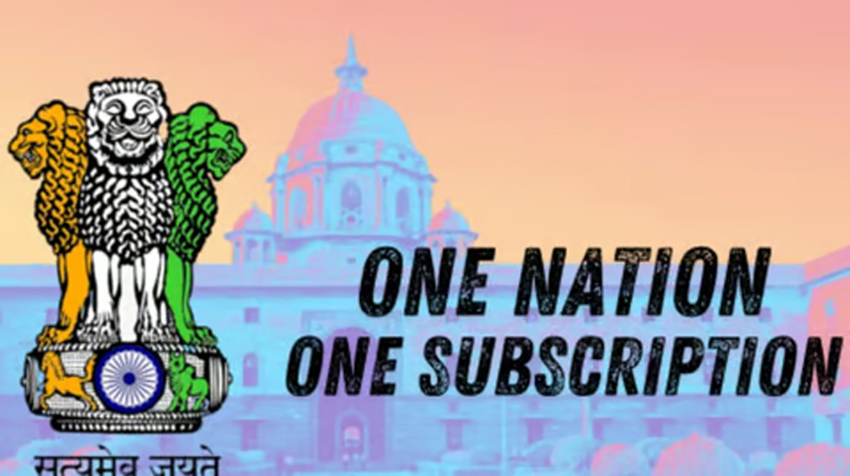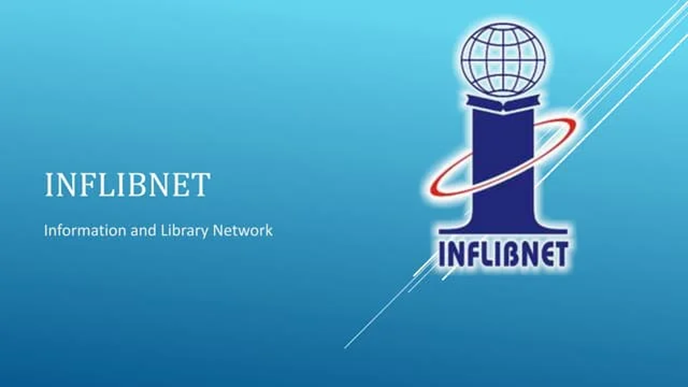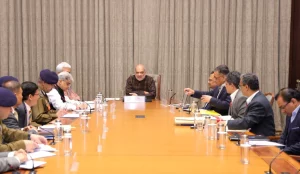Union Cabinet, chaired by Prime Minister Narendra Modi, approved the “One Nation One Subscription” scheme. It is a Central Sector Scheme aimed at providing nationwide access to scholarly research articles and journal publications. According to an official statement, a budget allocation of Rs 6,000 crore has been sanctioned for the scheme, covering the calendar years 2025, 2026, and 2027. This initiative aims to position India as a global hub for research, learning, and knowledge while fostering interdisciplinary studies and bridging the gap in access to academic resources.
‘One Nation One Subscription’ Scheme
Why In News
- Union Cabinet, chaired by Prime Minister Narendra Modi, approved the “One Nation One Subscription” scheme. It is a Central Sector Scheme aimed at providing nationwide access to scholarly research articles and journal publications.
- According to an official statement, a budget allocation of Rs 6,000 crore has been sanctioned for the scheme, covering the calendar years 2025, 2026, and 2027. This initiative aims to position India as a global hub for research, learning, and knowledge while fostering interdisciplinary studies and bridging the gap in access to academic resources.
One Nation One Subscription Scheme
- Unified access across institutions : ONOS, all centrally and state-run higher education institutions nationwide will gain seamless access to over 13,000 esteemed journals published by 30 international publishers on a unified platform. The scheme, coordinated by the Information and Library Network (INFLIBNET), an autonomous inter-university centre under the University Grants Commission (UGC), will address the fragmented system of academic journal subscriptions currently managed by ten separate library consortia.
- All government-run higher education institutions, including universities, colleges, and institutions of national importance, will have access to journals spanning various academic disciplines. Research and development institutions under the central government will also be included, covering approximately 6,300 institutions nationwide.
- National Subscription Model : The scheme will involve central payments coordinated by INFLIBNET to major international publishers, such as Elsevier ScienceDirect, Springer Nature, Wiley Blackwell Publishing, and others.
- Institutions can allocate their budgets for additional subscriptions to publishers not covered under ONOS.
- Financial Outlay : The initiative has been allocated a budget of ₹6,000 crore for three years (until 2027), ensuring long-term sustainability. Subscriptions will cover premier journals from leading publishers, levelling the academic playing field across institutions.
- Broad reach : ONOS will replace individual and fragmented subscription models, making them more efficient and cost-effective. Institutions previously unable to afford comprehensive subscriptions will now benefit from equitable access to quality resources. One Nation One Subscription scheme seeks to enhance access to scholarly resources and foster a research-oriented culture across India’s educational space.
Benefits Of ONOS
- ONOS is set to launch on January 1, 2025, and promises to transform India’s academic landscape. With free and unified access to premier journals, the scheme will:
- Promote research excellence: Students and researchers from diverse institutions, including under-resourced colleges, will have access to the latest findings, enabling quality research and innovation.
- Encourage interdisciplinary studies: A shared platform facilitates collaborative research across disciplines, breaking silos in academia.
- Support youth empowerment: By democratising access to global knowledge, ONOS empowers students and researchers, enhancing their competitiveness on the global stage.
- Vision For Future : The One Nation One Subscription initiative embodies the government’s vision of inclusive and equitable access to knowledge.
- Addressing systemic disparities and investing in research infrastructure strengthens India’s position as a global leader in education and innovation.
Conclusion
- This transformative step underscores the importance of collective access to knowledge, ensuring that no academic dream remains unfulfilled due to resource constraints.























